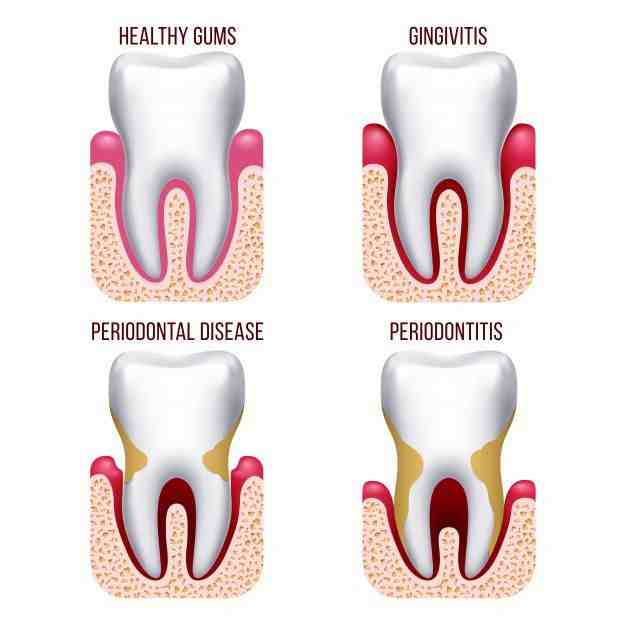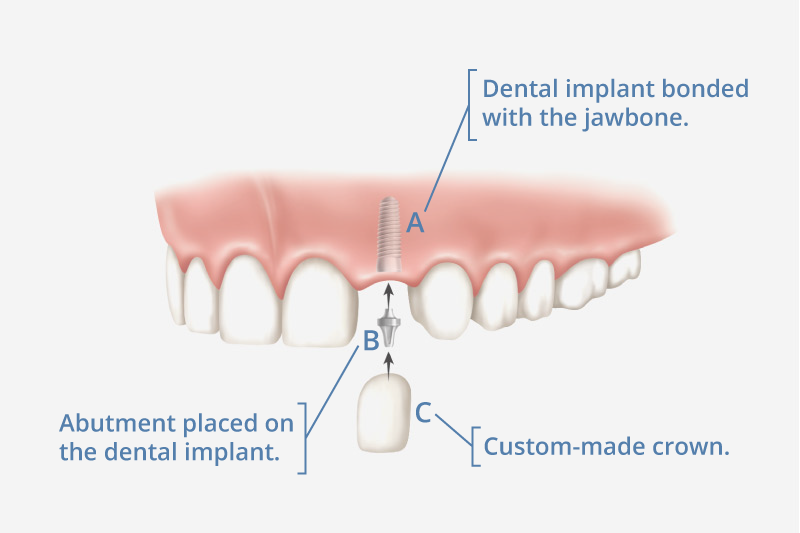Dental Implants: Innovation in Tooth Replacement, Explained
Tooth loss is a dental issue that impacts millions worldwide, affecting both aesthetics and functionality. Luckily, advancements in dental technology have led to innovative solutions, one of which is dental implants. This article explores dental implants as a revolutionary method of tooth replacement.What Are Dental Implants?
Dental implants are artificial tooth roots, usually made of titanium, designed to provide a strong foundation for fixed or removable replacement teeth. They are surgically placed into your jawbone, where they bond with your natural bone. This process provides a sturdy base for supporting one or more artificial teeth, called crowns.
The Advantages of Dental Implants
Dental implants have several advantages over traditional methods of tooth replacement, such as dentures or bridges.
Improved Appearance and Comfort
Dental implants look and feel like your natural teeth. Because they are designed to fuse with your bone, they become permanent. This results in improved comfort and aesthetics over dentures.
Enhanced Oral Health
Unlike a tooth-supported bridge, dental implants do not require altering other teeth. As more of your own teeth are left intact, it improves long-term oral health.
Durability and Convenience
Dental implants are highly durable and can last many years, or even a lifetime with good care. They also eliminate the inconvenience of removing dentures, as well as the need for messy adhesives to keep them in place.
The Dental Implant Procedure
The dental implant procedure involves several stages and may take several months to complete. Here’s a general overview of the process:
- Initial Consultation and Examination: Your dentist will assess your oral health to determine if you are a good candidate for dental implants. This may involve X-rays or 3D images and possibly dental models of your teeth and jaw.
- Placement of the Implant: During surgery, the dental implant, which is a small post made of titanium, is placed into the bone socket of the missing tooth.
- Healing Process: As you heal, your jawbone grows around the implanted metal post, securing it in the jaw. This healing process can take several weeks to months.
- Abutment Placement: Once the implant has bonded to your jawbone, a small connector post, called an abutment, is attached to the post to hold the new tooth.
- Artificial Tooth Placement: A crown, customized to match your natural teeth, is attached to the abutment.
Aftercare for Dental Implants
Taking care of dental implants is similar to caring for your natural teeth. This involves regular brushing, flossing, rinsing with an antibacterial mouthwash, and scheduling regular dental check-ups.
The Future of Dental Implants
Dental implants are already at the forefront of tooth replacement technology, but they continue to evolve. The future may see even greater customization of implants to match individual patient needs, and the use of advanced materials that encourage faster healing and integration with the jawbone.
Remember, dental implants are an investment not just in your smile, but also in your long-term health, comfort, and confidence.






Comments are closed.